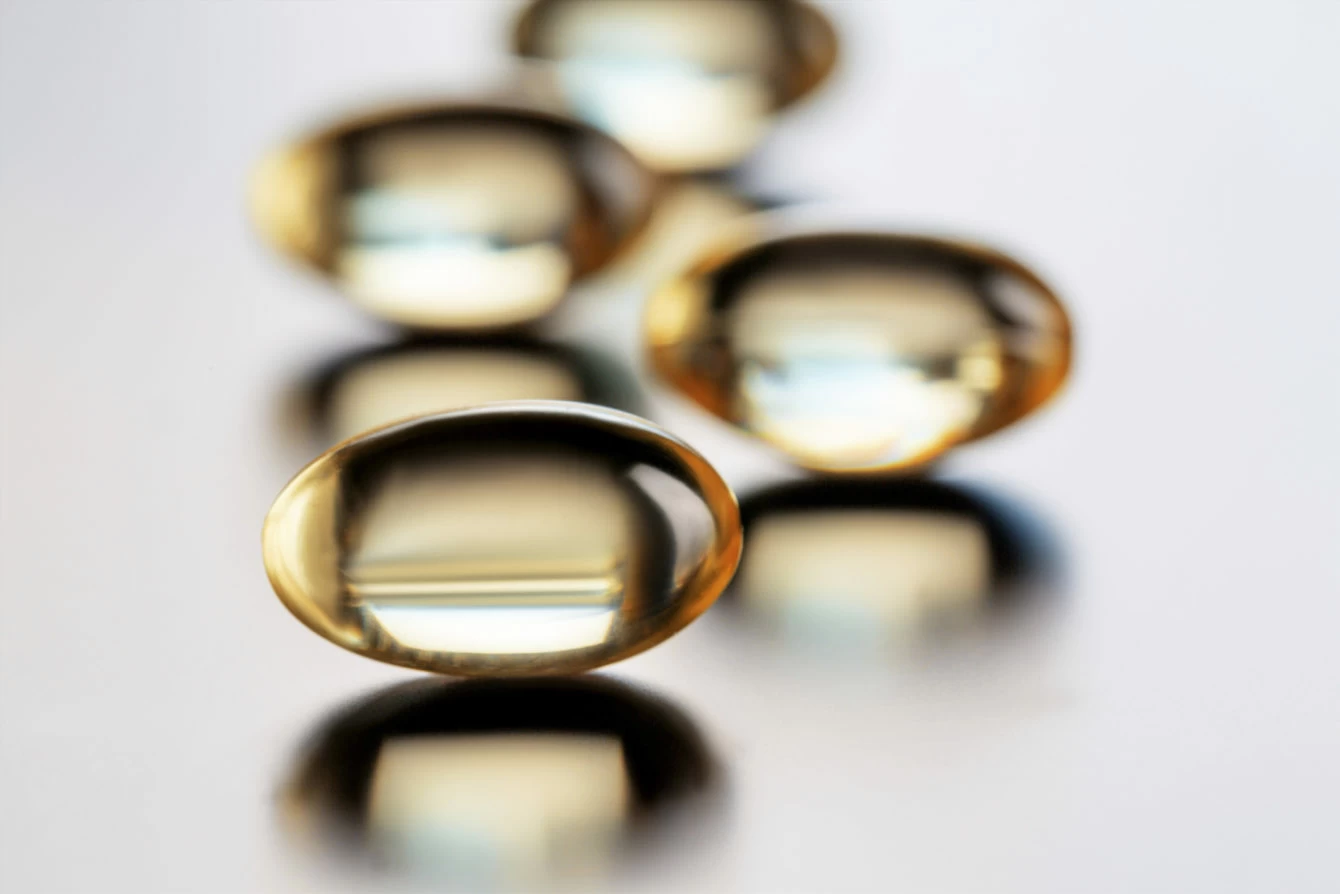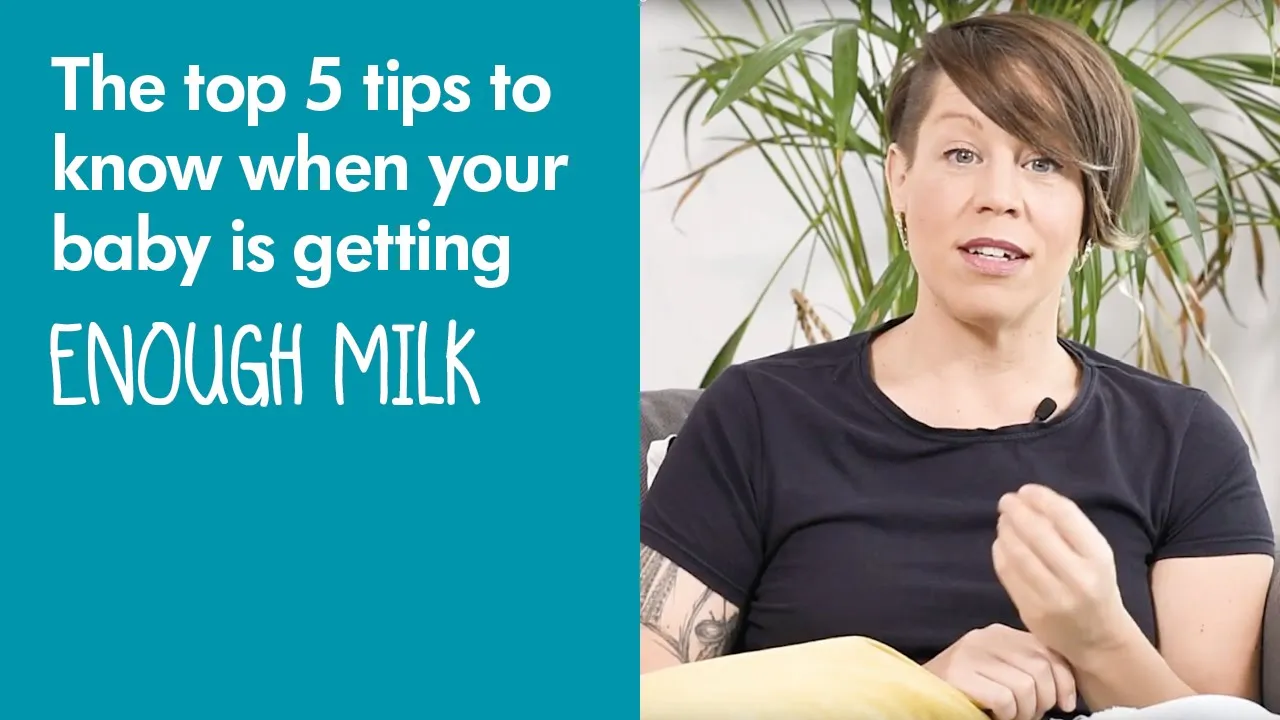New moms often hear a lot of unsolicited advice about breastfeeding – and unfortunately, some of that well-intentioned breastfeeding advice is totally wrong! You might be hearing a lot of misinformation or confused ideas about breastfeeding. We’ve written before about breastfeeding myths, but here are a few more that may surprise you.
Myth:
You should not take ANY prescription drugs while breastfeeding.
Truth:
Myth:
Breastmilk does not contain enough iron for the baby’s needs.
Truth:
This myth is not true. Breastmilk delivers just the right amount of iron to meet a newborn baby’s needs. Full-term, healthy babies will be able to get all the iron they need from breastmilk alone, at least for the first six months of life. Health Canada provides its recommendations here. After 6 months, your doctor might recommend adding an iron supplement of some kind, though infant cereals are often fortified with iron for this reason.
The small amount of iron a baby needs in the first 6 months is more easily absorbed from breastmilk than from formula. In order for infant formulas to achieve the same levels of daily intake, higher levels of iron must be added to the formulation in order to increase the amount the infant will absorb. Breastmilk is nature’s special recipe for perfect infant nutrition. So, except for Vitamin D, there is no need to give your baby any supplements to breastmilk for the first six months of the child’s life. Read this article for more about the amazing natural properties of breastmilk, and how breastmilk gives your baby what they need for health and immunity.
Myth:
Do not drink ANY alcohol while breastfeeding.
Truth:
This is not true but there is some specific guidance. Nursing moms can have an occasional drink, but be aware of the impact of alcohol on breastfeeding. The College of Family Physicians of Canada outlines its recommendations as to whether a mother should drink while breastfeeding. They say that nursing mothers who choose to drink alcohol while breastfeeding should carefully plan a schedule by storing milk before drinking and waiting for complete elimination of alcohol from their breastmilk after drinking.
Health Canada advises mothers to limit their alcohol intake, particularly when breastfeeding newborns, since newborn babies’ central nervous systems are developing rapidly and these babies cannot metabolize alcohol that might enter their bodies through breastmilk. Also, alcohol alters the milk let-down reflex and decreases the amount of milk consumed by the baby which affects the production of milk. Although there is no known “safe” amount of alcohol in breastmilk, Health Canada says that moms should not have to abstain completely from alcohol, as long as their drinking is only occasional, and in moderate amounts.
Myth
Poor milk supply is usually caused by stress and fatigue.
Truth
This is not accurate. Even if a mom is stressed, fatigued, or even malnourished, that’s still usually not enough to have a negative impact on milk supply. Instead, milk supply problems are usually the result of not breastfeeding frequently enough, or baby having a poor latch, or not having good positioning of the baby against the breast. Generally, unless your baby has a problem sucking (which can often be corrected with help from a lactation consultant), your breasts will make enough milk.
Keep in mind that breastfeeding is one of the most natural things that a mother’s body can do – a woman’s body evolved and adapted to be able to supply high quality milk to our babies. Over thousands of years, mothers have developed complex survival mechanisms to protect babies, even during times of stress or inadequate food supply.
Even if your breasts don’t feel “full,” this is usually not a sign of low breastmilk supply. Whether you “feel” it or not, as long as your baby is gaining weight normally, your baby is probably getting what it needs. Most of the time when moms are worried about breastmilk supply, the answer is: “just keep breastfeeding.” Keep nursing and keep pumping breastmilk. This will help stimulate your body to make more breastmilk.
Myth
Breastfeeding can change the shape of your breasts and make them sag.
Truth
Breasts do not change shape because of breastfeeding. It is actually pregnancy that causes changes to a woman’s breast size and shape. While you are breastfeeding, breasts will be filled with milk, so your breasts will return to their pre-pregnancy size most of the time once you wean.
Some women feel like their breasts have “shrunk” after breastfeeding – this is because your breasts actually do deflate in the first few weeks after weaning as your milk glands reduce in size. But after this initial time of “shrinkage,” your body will start filling up your breasts once again with new fat cells. This process of “fattening” the breasts after weaning takes about 6 months.
Many women find that breastfeeding is a time when their breasts are naturally enhanced, and they enjoy wearing beautiful voluptuous dresses. Just be sure to wear a Bravado Designs nursing bra to make it easy to nurse and feel comfortable, while still looking fashionable!
Have you heard any of these breastfeeding myths? Which one is most surprising to you? Leave a comment and let us know, or join the conversation on our Medela Malaysia Facebook page.























